The Life of a Happy Apple
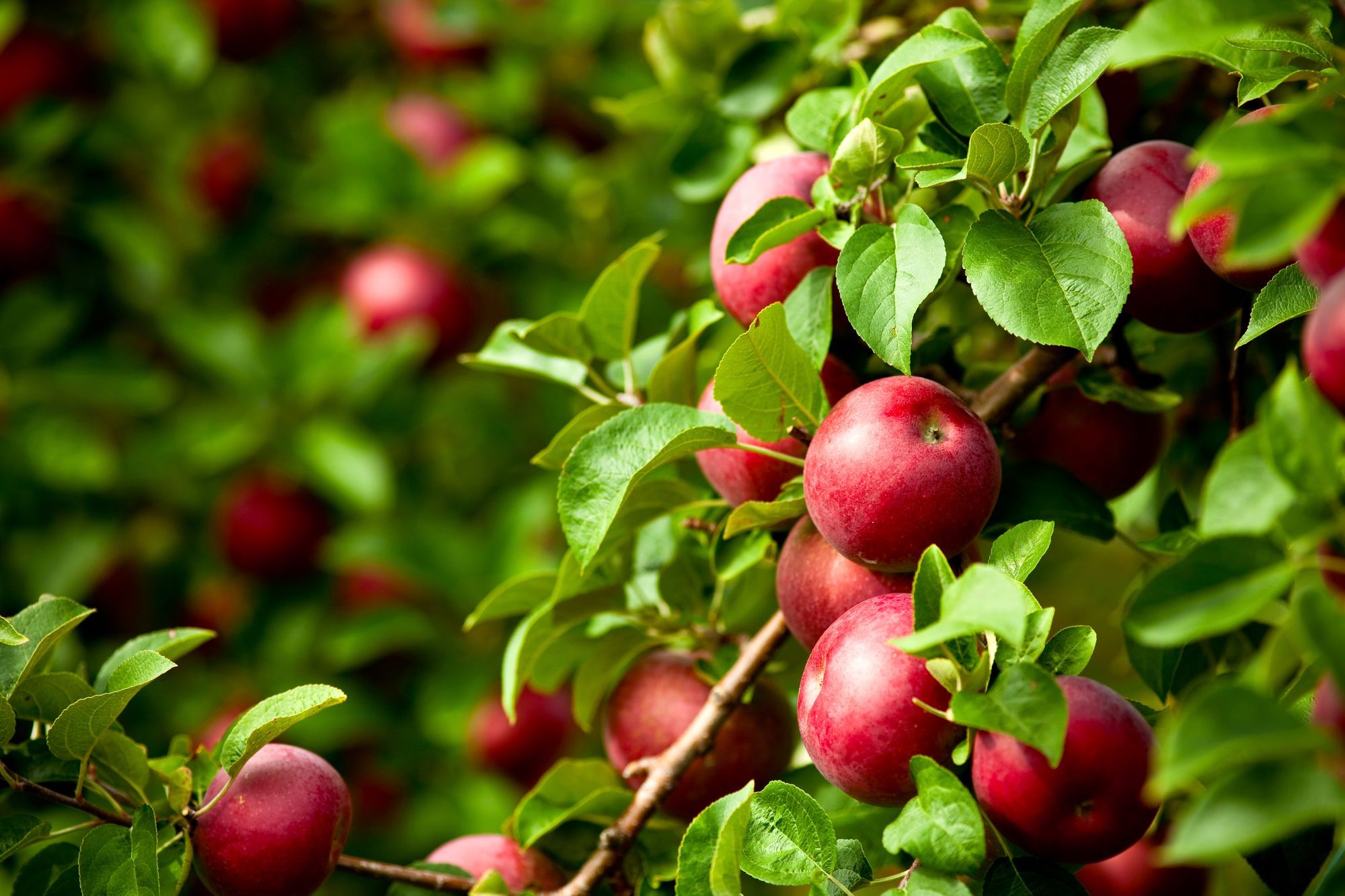
Nutrition Farms Happy Apples are nurtured on a 100-acre, chemical-free apple orchard in Stanthorpe, Queensland. The farm is located in the centre of the wonderfully productive, volcanic soils of the Granite Belt region. This region produces high quality wines, stonefruit, vegetables and, of course, 95% of Queensland’s apples.
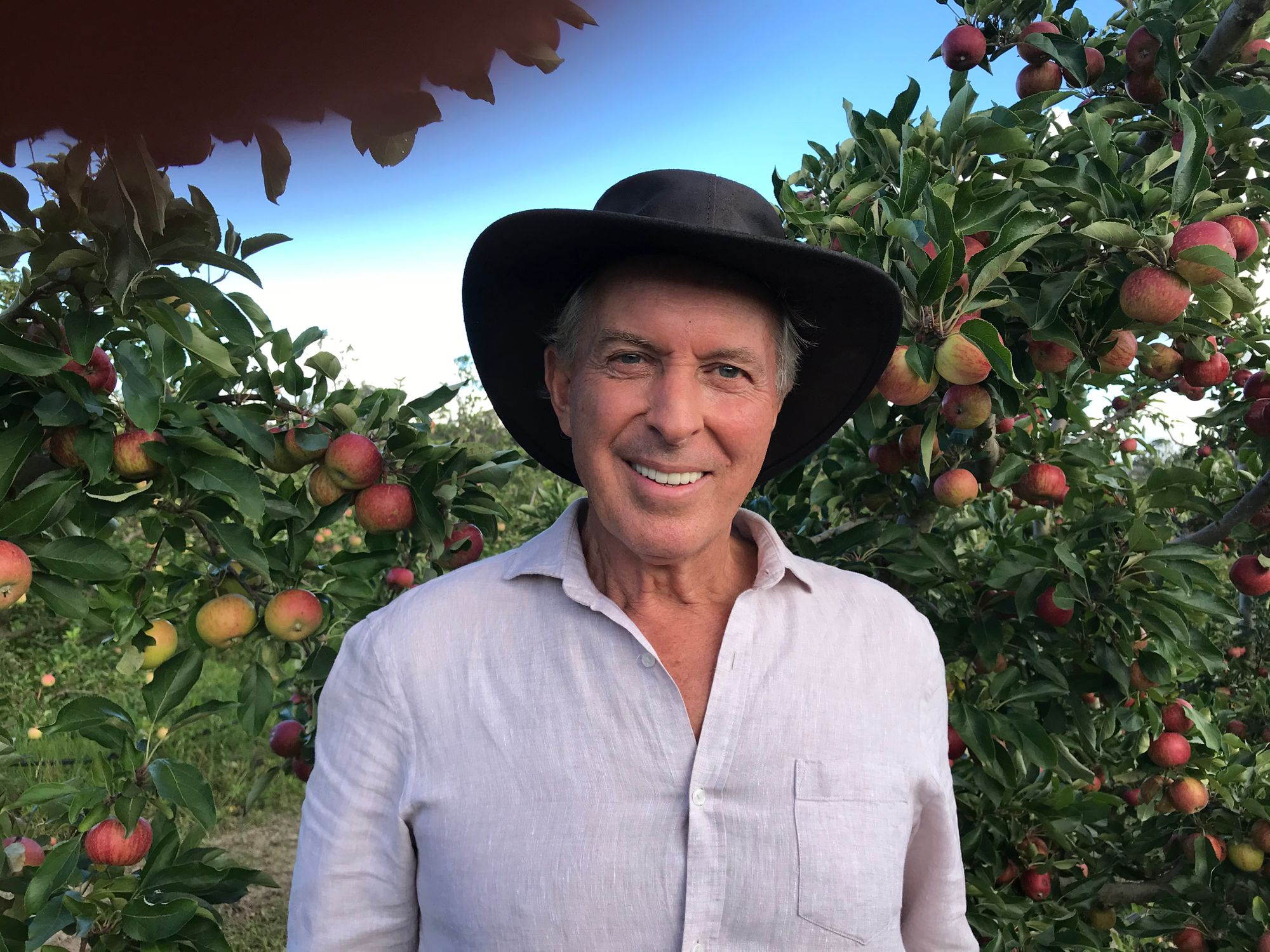
This Nutrition Farms property produces four varieties of apples from 18,000 established trees, and it also produces stonefruit, garlic and vegetable crops.
The farm features a gracious, 100-year old, two-story Italian villa with a large veranda overlooking the orchards and the distant mountains.

This farm is a research/demonstration farm intended to champion the regenerative farming philosophy, and strategies relative to building soil fertility and producing flavorsome, nutrient-dense crops.
The focus is upon extreme nutrition, and that involves the understanding of the complex interplay between minerals, microbes and humus.
The apple trees are tested and monitored each week and fed exactly what they need. Diseases are managed without fungicides, through a combination of protective minerals (like silica) and task-specific microbial inoculums. Insect pests are managed with traps, lures and natural immune-elicitors. Weeds beneath the trees are mechanically controlled with an under-tree mowing disc.
Bird pests, particularly parrots, are a major issue in this region and we have achieved success using speakers on 20 ft towers that emit the frequencies of predators, like hawks, across the orchard.
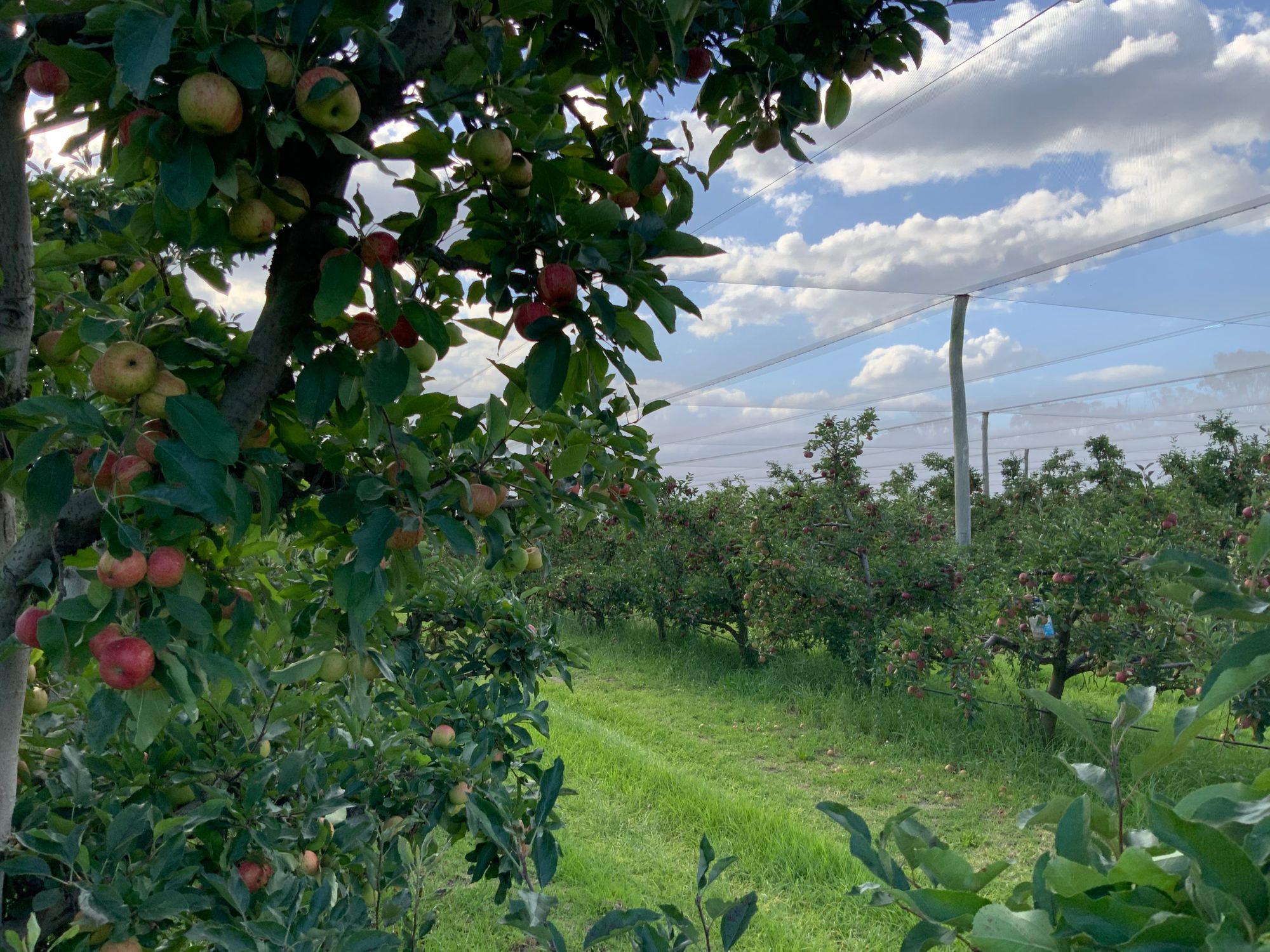
Below is a typical monthly nutrition program for our happy apples. It is not hard to see why we chose this name. It would be an ungrateful fruit that would not be “happy”, amidst nurturing of this nature.
Note: For those of you not familiar with the terminology, foliar fertilising refers to applying the nutrition and microbes to the leaf surface with a blow mister, where it is absorbed 12 times more efficiently. Fertigation refers to feeding liquid nutrients and microbial inoculums through irrigation.
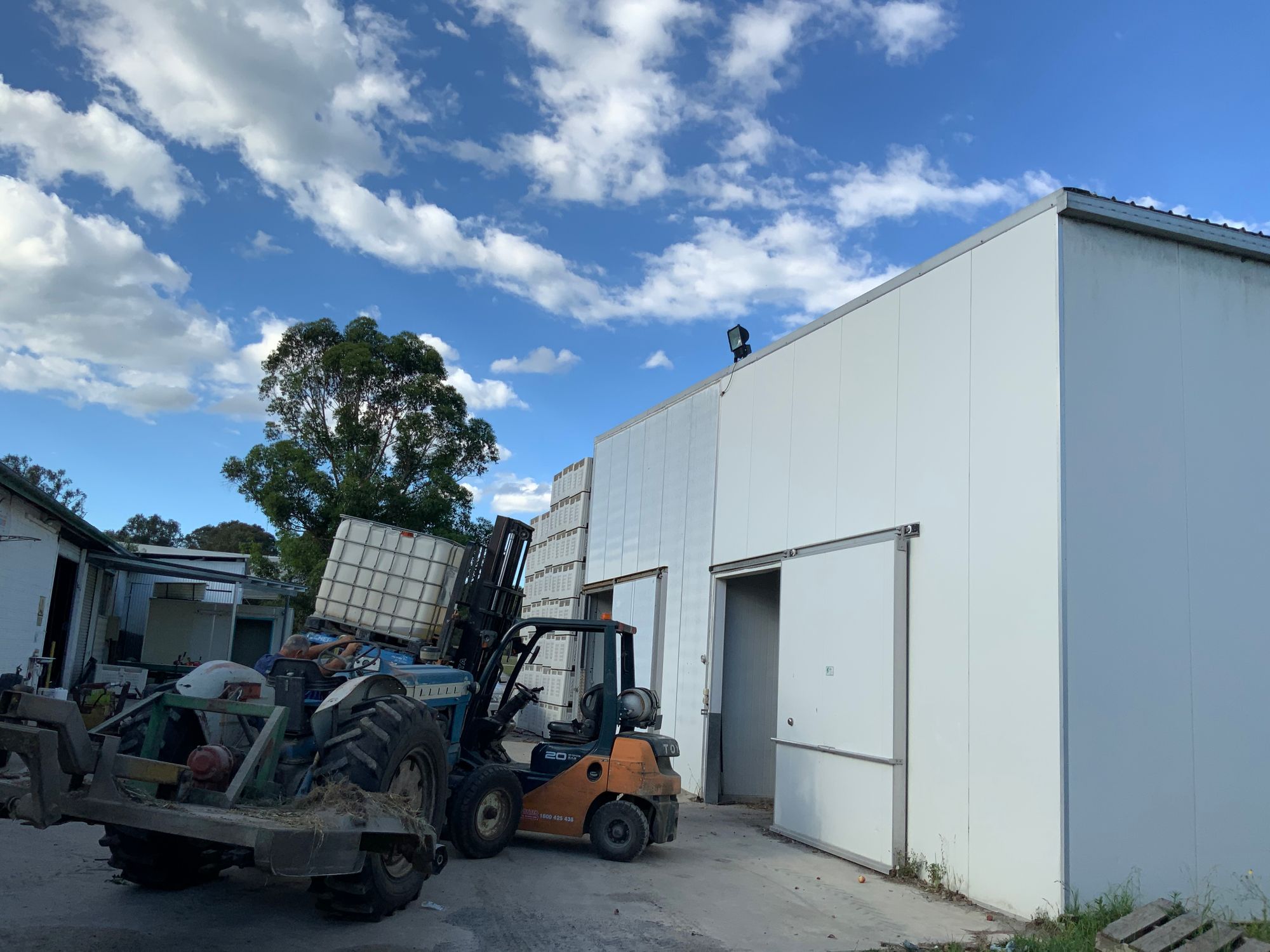
Happy Apples Nutrition Program
Week 1 – Fertigation Program
1) 20 L of humic acid per hectare (produced on-farm using NTS Super Soluble Humates™)
2) 1 kg of Tri-Kelp™ soluble seaweed powder per hectare
3) 50 L of Protozoa tea per hectare – to encourage the return of earthworms
4) 10 L of Amino-Max™ per hectare – a potent, natural amino acid mix
5) 20 L of brewed Nutri-Life Bio-N™ per hectare – a blend of nitrogen-fixing organisms
6) 2 L of Nutri-Key Shuttle Seven™ per hectare – to ensure the presence of the molybdenum and cobalt required for nitrogen fixation
7) 150 mL of Nutri-Stim Triacontanol™ per hectare – a natural plant growth promoter
Week 1 – Foliar Program
1) 7 L of Triple Ten™ per hectare – an all-inclusive 10-10-10 NPK liquid fertiliser
2) 15 L of Nutri-Sea Liquid Fish™ per hectare – minerals from the ocean
3) 10 L of Dia-Life Organic™ per hectare – silica to build cell strength and resilience
4) 20 L of brewed Nutri-Life Tricho-Shield™ per hectare – a blend of beneficial fungi (Trichoderma spp.)
5) 20 L of brewed Nutri-Life BAM™ per hectare – a complex blend of beneficial anaerobes
6) 50 mL of Nutri-Stim Triacontanol™ per hectare – a natural plant growth promoter
7) 15 kg of potassium sulphate per hectare
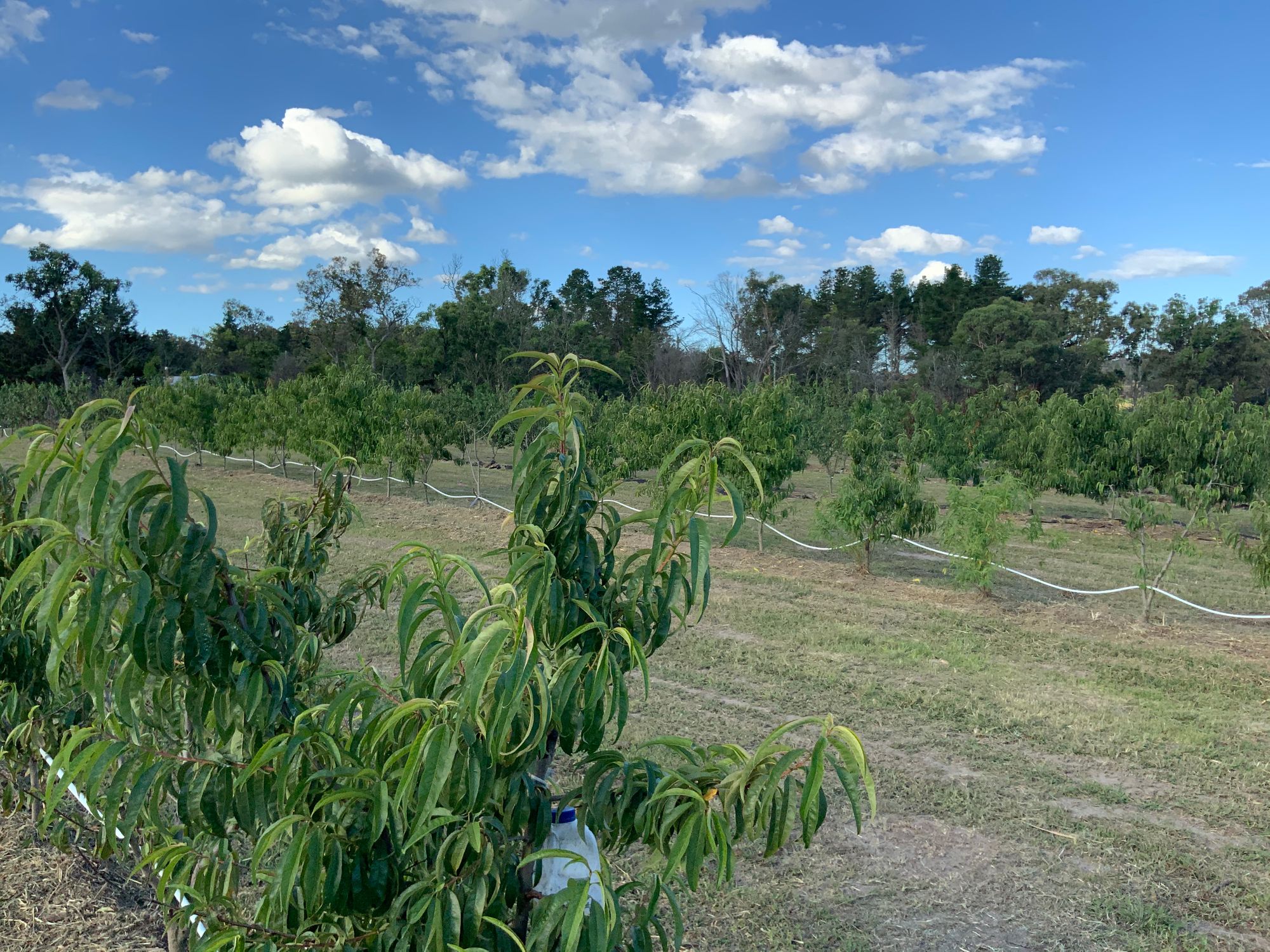
Week 2 – Fertigation Program
1) 10 L of Dia-Life Organic™ per hectare – micronised silica for cell strength
2) 20 L of brewed Nutri-Life BAM™ per hectare – beneficial anaerobes
3) 3 kg of NTS Fulvic Acid Powder™ per hectare – soil-cleansing biostimulant
4) 50 L of brewed Nutri-Life Tricho-Shield™ per hectare – protective beneficial fungi (Trichoderma spp.)
5) 20 L of Nutri-Sea Liquid Fish™ per hectare – P-rich minerals from the ocean
6) 25 kg of potassium sulphate per hectare – potassium improves fruit and vegetative growth
7) 15 kg of magnesium sulphate per hectare – magnesium for chlorophyll density
Week 2 – Foliar Program
1) 7 L of Trio (CMB)™ per hectare – blend of chelated calcium, magnesium and boron
2) 1 kg of Tri-Kelp™ per hectare – synergistic blend of 3 soluble seaweeds in powdered form
3) 10 L of Amino-Max™ per hectare – amino acids to boost growth and immunity
4) 50 L of brewed Nutri-Life Micro-Force™ per hectare – microbe blend for growth, flavour and resilience
5) 20 L of brewed Nutri-Life Bio-Plex™ per hectare – blend of leaf-dwelling, nitrogen-fixing organisms
6) 10 L of brewed Nutri-Life B.Sub™ – Bacillus subtilis for tree health, resilience and yield enhancement
7) 7 L of K-Rich™ per hectare – concentrated liquid potassium
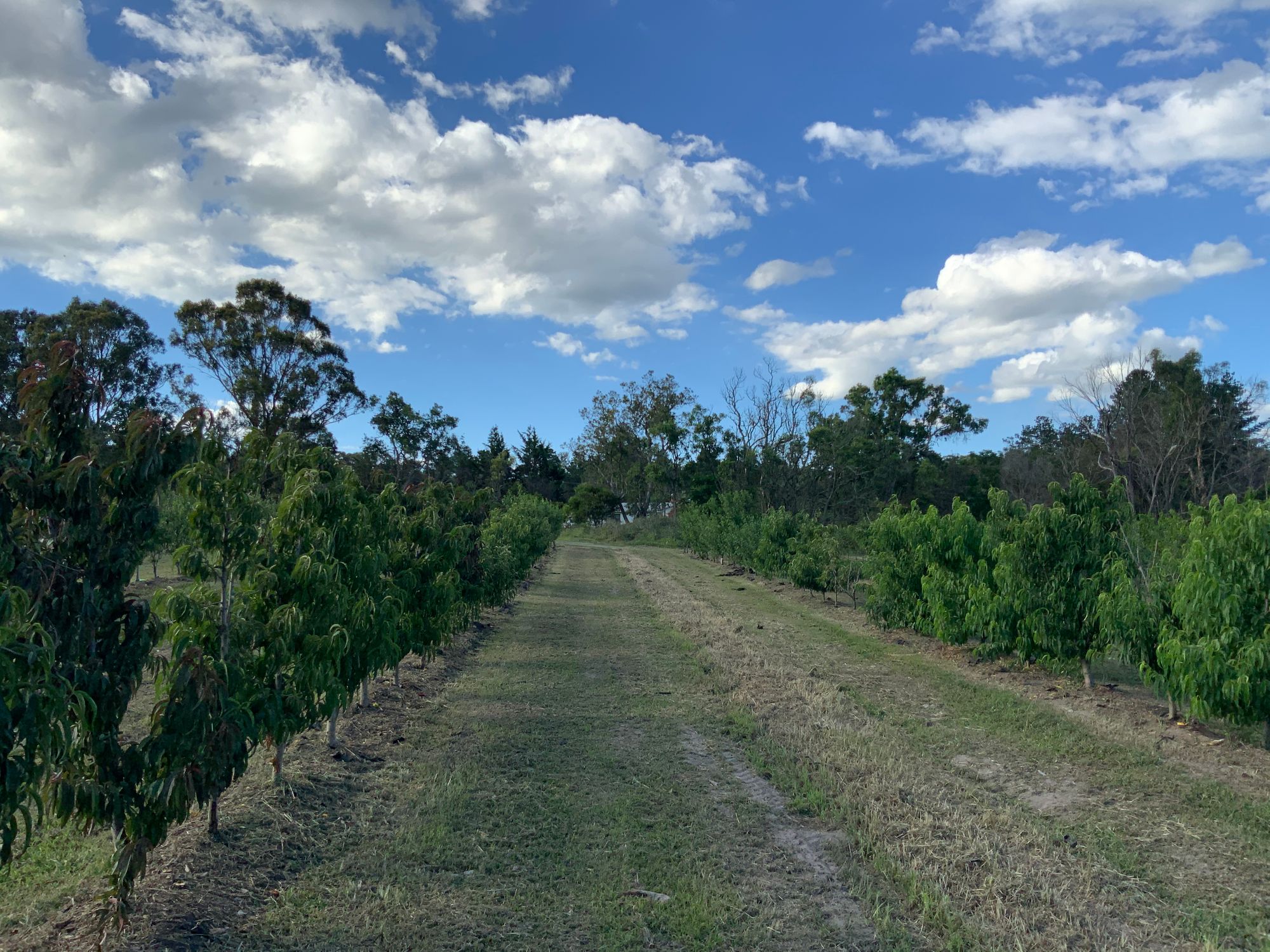
Week 3 – repeat Week 1
Week 4 – repeat Week 2
Note: The orchard health is also measured with a range of in-field monitoring tools and regular leaf analysis to allow nutrition fine-tuning as required.

Nutrition Farming® Certification
We have had many growers around the world whom have asked us to initiate a Nutrition Farming® Certification, similar, but arguably superior to, conventional organics. We have recently initiated the very first Nutrition Farming® Certification system, for coffee growers in India.
There is a considerable potential for this new, beyond organics, certification, because a significant percentage of convention organics is effectively “organics by neglect”, i.e., they do not use chemicals but they can often neglect nutrition (optimum minerals, microbes and humus).
Proposal Protocol for Nutrition Farming® Certification
Nutrition Farming is an holistic, integrated approach, recognising the profound links between soil health, and the health of plants, animals, humans and our planet.
This production system seeks to produce nutrient-dense food, with forgotten flavours, less chemical intervention, greater shelf-life and enhanced medicinal value.
Humus (soil carbon) is seen as the major determinant of both sustainability and profitability. In this context, there is a carbon farming prerogative involved, where humus building reigns supreme.
Nutrition Farming® Certification differs from organic certification in that it involves a more focused and pragmatic approach, based upon what should be done to improve food, while regenerating soil, rather than a long list of what not to do.
- Applicants must complete a two-day training course conducted by Graeme Sait, or one of his qualified consultants.
- A Soil Therapy™ test must be conducted prior to certification and the soil should have a minimum quality ranking of 3.5 stars
- Applicants must act upon the recommendations provided in the NTS Soil Therapy™ report, and they will be audited accordingly.
- A minimum of two Plant Therapy™ leaf analyses must be conducted during each cropping cycle and any suggested correctives must be applied.
- There must be evidence each season of an increase in organic matter, as evidenced by an annual soil test.
- Applicants must apply a leonardite-derived source of DIY humic acid to the soil, at 30 litres per hectare (3 kg of soluble crystals diluted at 1:10), at least twice during a crop cycle.
- Nutrition Farming® Certified soils must achieve a minimum microbial biomass score of 400, as evidenced by an on-farm test utilising a microbiometer.
- Crops grown with Nutrition Farming® protocols must achieve minimum brix levels (nutrient density indicators) of 12 degrees brix, in the leaves of all field and orchard crops and 8 degrees brix in the foliage of root crops.
- Applicants will be required to apply a microbial inoculum to build soil biodiversity at least twice during the season. This can involve either beneficial aerobic or anaerobic organisms.
- Applicants will be audited each season to ensure that they have applied the required nutrition and biology, and that the have achieved minimum crop quality parameters.
- Applicants should provide a written declaration that no farm chemicals have been used and that no unethical labor has been employed in the production system.
- There will be a minimum residue test of fruit, seed or vegetables before harvest to confirm that major pesticides used in any specific industry are not present in the food.
- Applicants must ensure that there is no discharge of effluent into any water body.
- Applicants must properly maintain a Nutrition Farming® log book, quantifying all corrections and additives during the season.
For questions relating to Nutrition Farming®, the Happy Apple growing program, or NTS agricultural products, please contact us on +61 7 5472 9900 or sales@nutri-tech.com.au.
